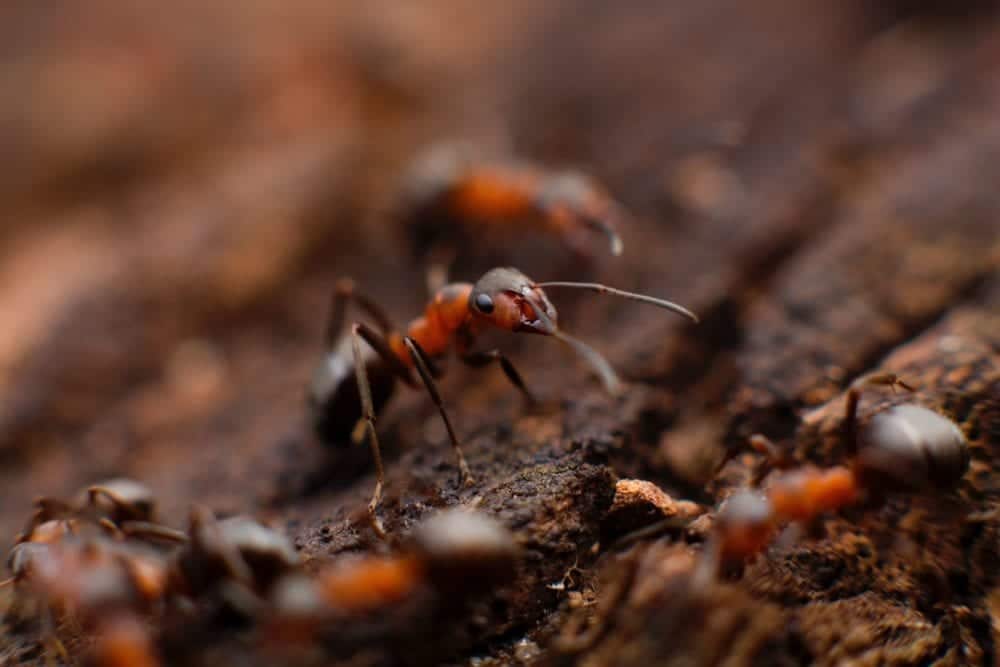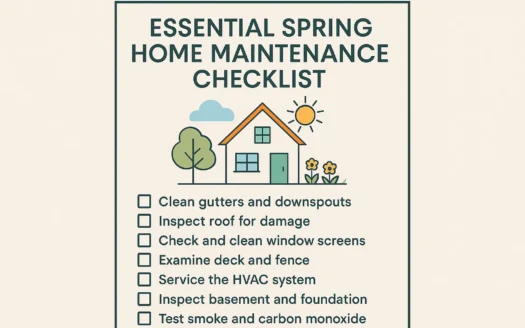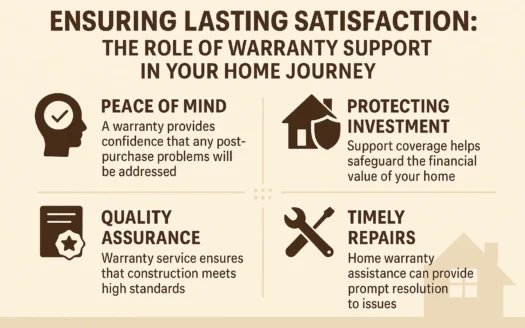Moving into a Newly Built Home Means You Can Breathe Easy Knowing Maintenance Will Be Minimal

Moving into a Newly Built Home Means You Can Breathe Easy Knowing Maintenance Will Be Minimal
However, regardless of whether your home is new or a resale, you must stay vigilant to ensure that pests are not welcome in your house. Because spring has sprung — and so have pests — April is the ideal time to concentrate on keeping pests out of your new home. The Professional Pest Management Alliance, the consumer arm of the National Pest Management Association (NPMA), celebrates National Pest Management Month in April to remind homeowners to stay vigilant in their battle against bugs, rodents, and other pests.
Why April Matters
“It’s a good time to focus on pest prevention because April is a peak month when you’ll start seeing more pests,” says Missy Henriksen, vice president of Public Affairs for the NPMA. Pests can cause damage to your new home and carry diseases, so it’s critical to maintain a proactive approach. “Setting up good basic practices and ensuring proper sanitation from the moment you move in will go a long way in preventing pests,” Henriksen adds. “You want to roll out the welcome mat to your family and friends, but not to pests.”
How to Keep Your New Home Pest-Free
1. Pest-Proof Your Landscaping
Start by examining your yard: Is it inviting pests with easy access to food, water, or shelter? Use cedar, cypress, or tea tree mulch in flowerbeds, as these deter pests while nourishing plants. Limit mulch use in tick-prone areas, as excess moisture attracts them. Store firewood at least 18 feet from your home to avoid attracting termites and rodents. For areas with deer, opt for deer-resistant plants.
2. Guard Your Roof
Inspect eaves regularly for bee, hornet, or wasp nests. If found, contact a professional. For DIY removal:
- Remove nests at night when insects are inactive.
- Wear protective clothing (rubber boots, thick jeans, long sleeves).
- Spray the nest with pesticide, cover it with a sealed garbage bag, and dispose of it in a secure trash can far from the house.
Note: Never destroy honey bee hives—contact a local beekeeper for safe removal.
3. Protect Your Pets (and Your Home)
Pets can bring in ticks, fleas, and other pests. Use flea and tick medication, and check pets after outdoor adventures. Store pet food indoors in sealed containers and avoid leaving water bowls outside to deter raccoons, rodents, and other wildlife.
4. Take Care of Your Trash
Store trash in sealed bags inside heavy-duty bins placed far from your home. In bear-prone areas, use bear-proof containers. “Smart waste management eliminates an all-you-can-eat buffet for pests,” emphasizes Henriksen.
5. Know When to Call a Professional
If pests invade, contact a pest management expert for safe and effective solutions. Always follow product instructions carefully for DIY treatments.
Final Tips
A common-sense approach and early pest management plan will help ensure your new home remains pest-free for years to come. Regular inspections, proper sanitation, and proactive landscaping choices are key to maintaining a healthy, pest-resistant environment.



